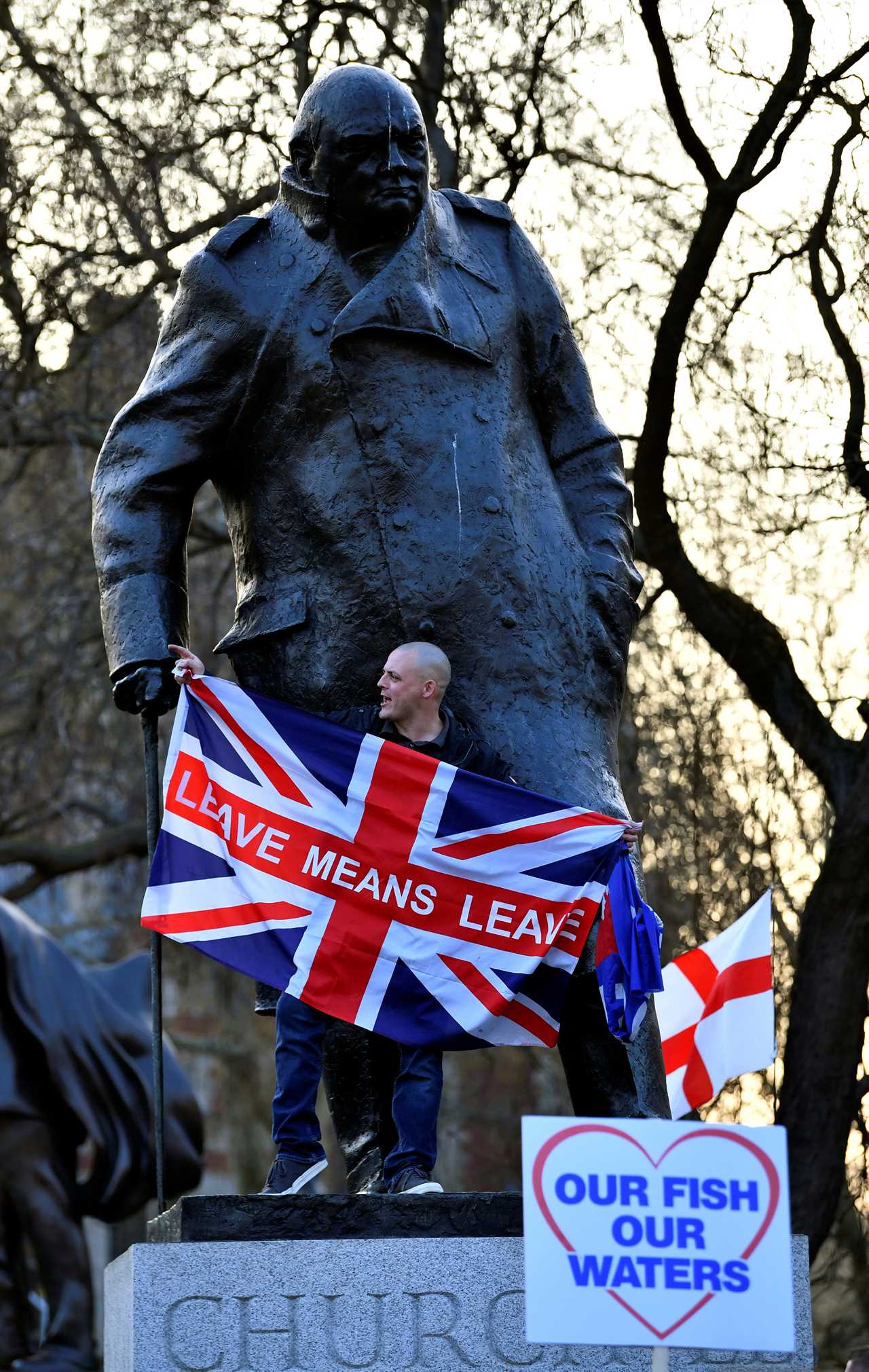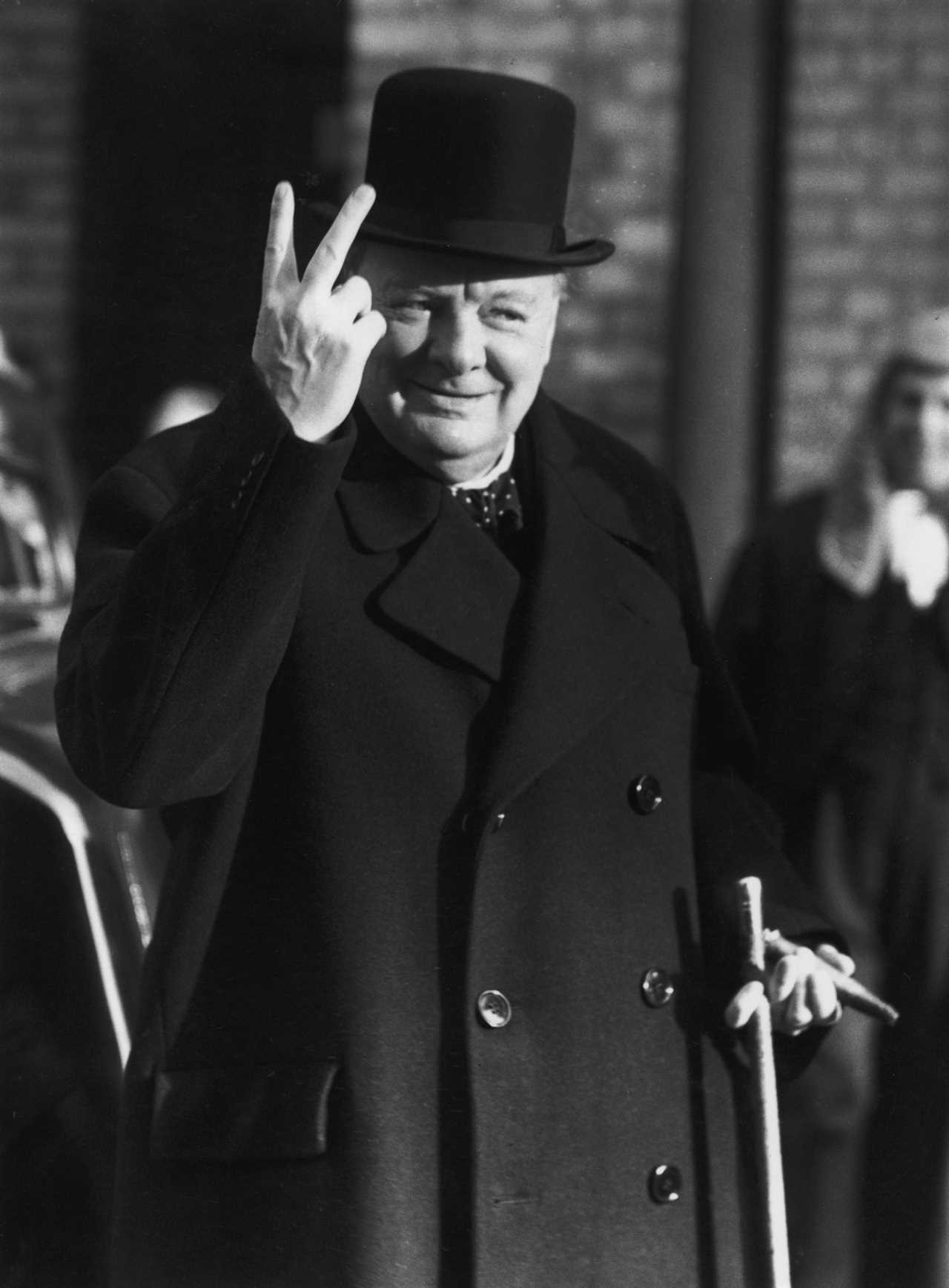
The recent introduction of laws imposing jail time for individuals who climb on the iconic statue of Winston Churchill in London signifies a broader societal struggle for recognition and respect. While not officially designated as a war memorial, the monument holds significant historical and symbolic value in the UK's collective memory.
Interpreting Symbolism: Churchill's Statue as a Site of Contention
Despite its historical significance, the bronze statue of Sir Winston Churchill has become a focal point for protests in recent years, sparking debates over the boundaries of public expression and commemoration. The decision to criminalise climbing on the statue reflects a deeper societal conflict over the interpretation of historical figures and their legacy.
Political Rhetoric and National Identity: Diverging Perspectives
Politicians like Sir Keir Starmer have emphasised Churchill's role as a revered national hero, highlighting the emotional attachment many Britons feel towards his legacy. The proposed legislation to protect the statue aligns with a narrative of safeguarding historical symbols, but also raises questions about the limits of free speech and civil disobedience in a democratic society.
Legal Framework and Social Activism: Balancing Rights and Responsibilities
The inclusion of Churchill's statue in the Crime and Policing Bill alongside recognised war memorials underscores the government's commitment to upholding historical reverence. However, the enforcement of punitive measures against climbers raises concerns about the criminalisation of dissent and the impact on freedom of expression within public spaces.

Historical Context and Contemporary Challenges: Revisiting Churchill's Legacy
As debates around Churchill's complex legacy continue to unfold, the clashes over his statue symbolise deeper tensions within British society. The intersection of historical remembrance, political protest, and legal repercussions underscores the need for nuanced discussions on how to navigate conflicting narratives in a multicultural and evolving nation.
In conclusion, the criminalisation of climbing on Winston Churchill's statue reflects a broader struggle to reconcile historical reverence with contemporary dissent. By engaging with the complexities of public memory and political expression, society grapples with the enduring impact of its past on present-day behaviours and beliefs. As the debate unfolds, it becomes imperative to address these tensions with a critical eye towards understanding, empathy, and inclusivity.
Did you miss our previous article...
https://trendinginthenews.com/uk-politics/analysis-downing-streets-controversial-assertion-on-grooming-gang-tragedy






